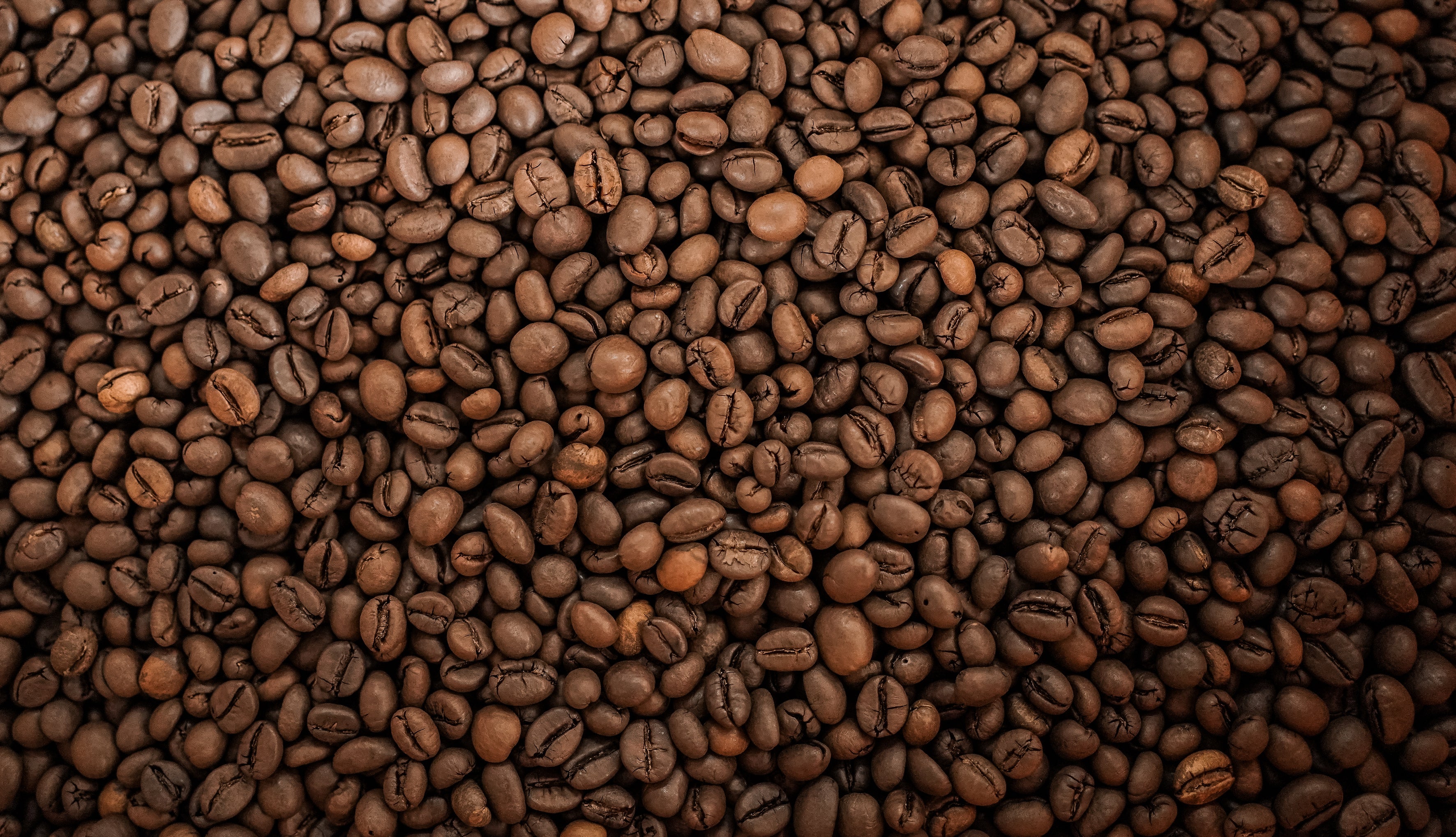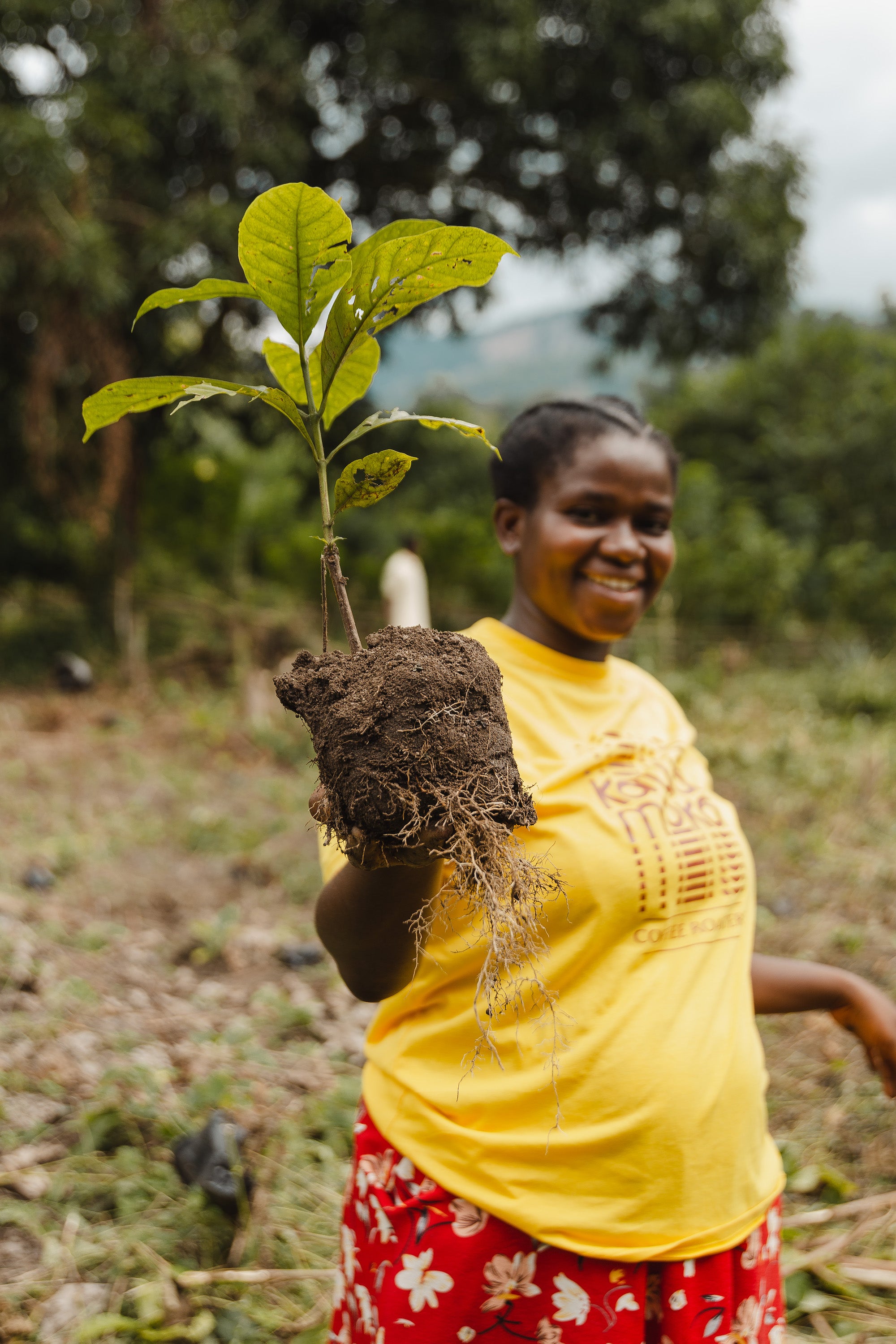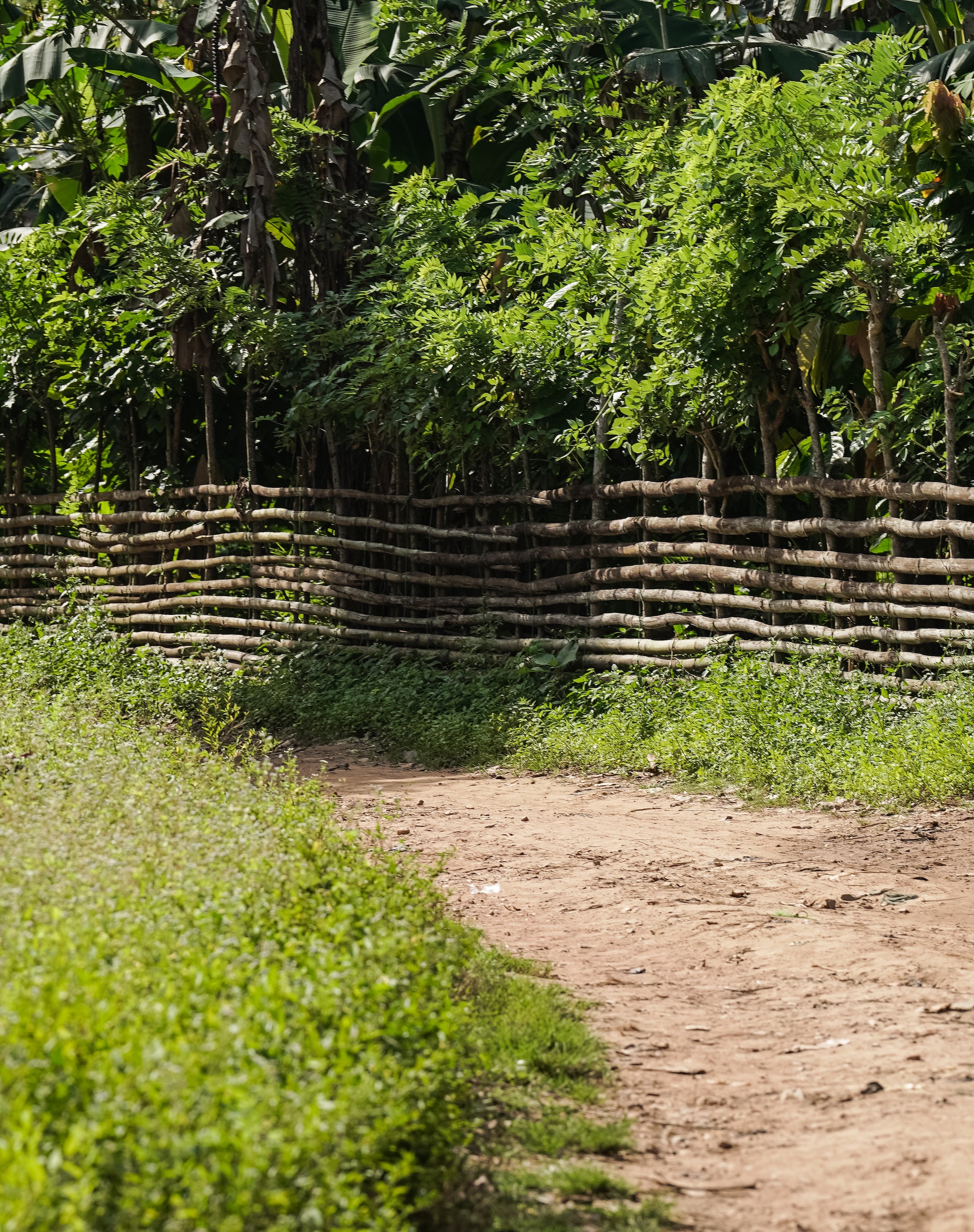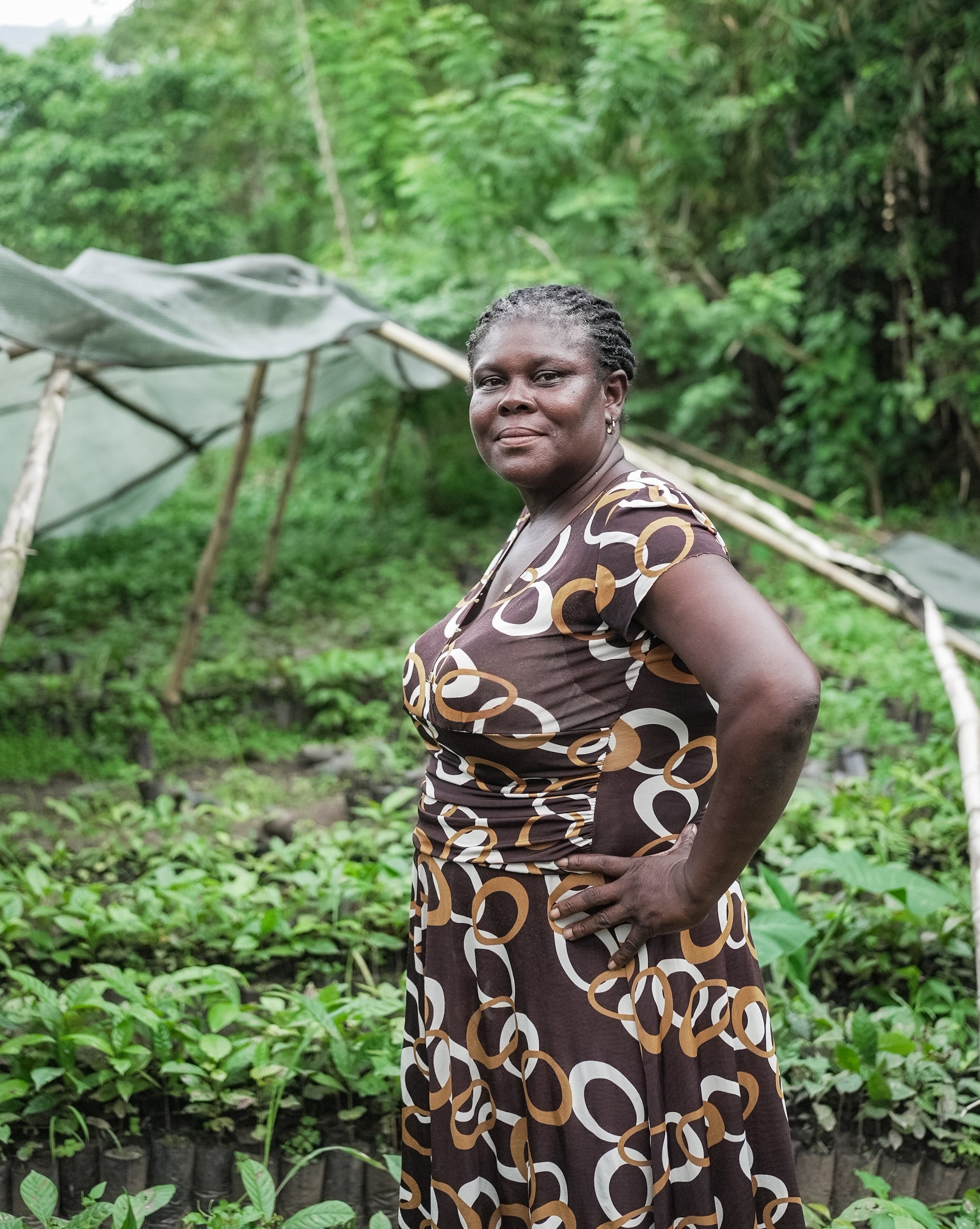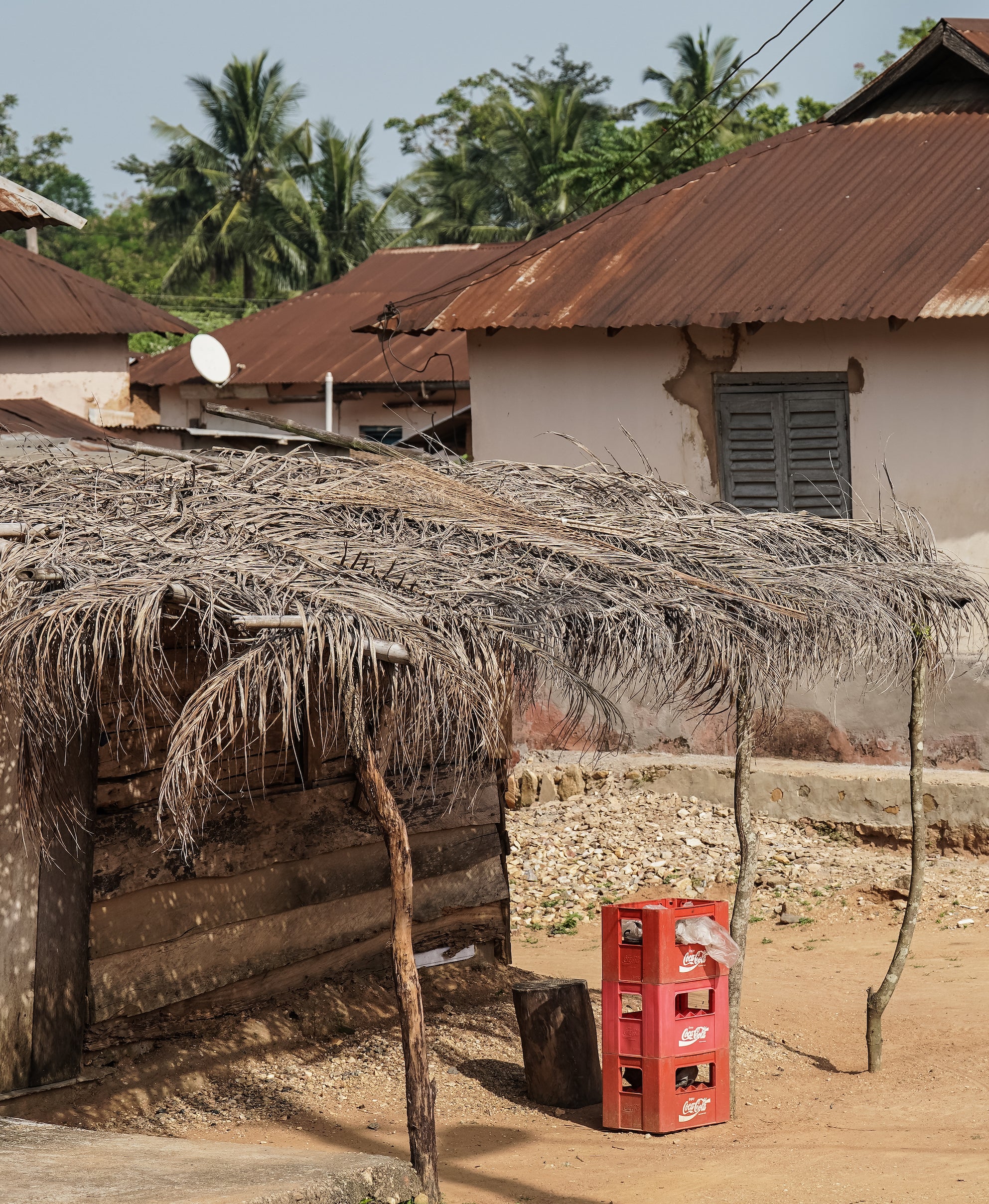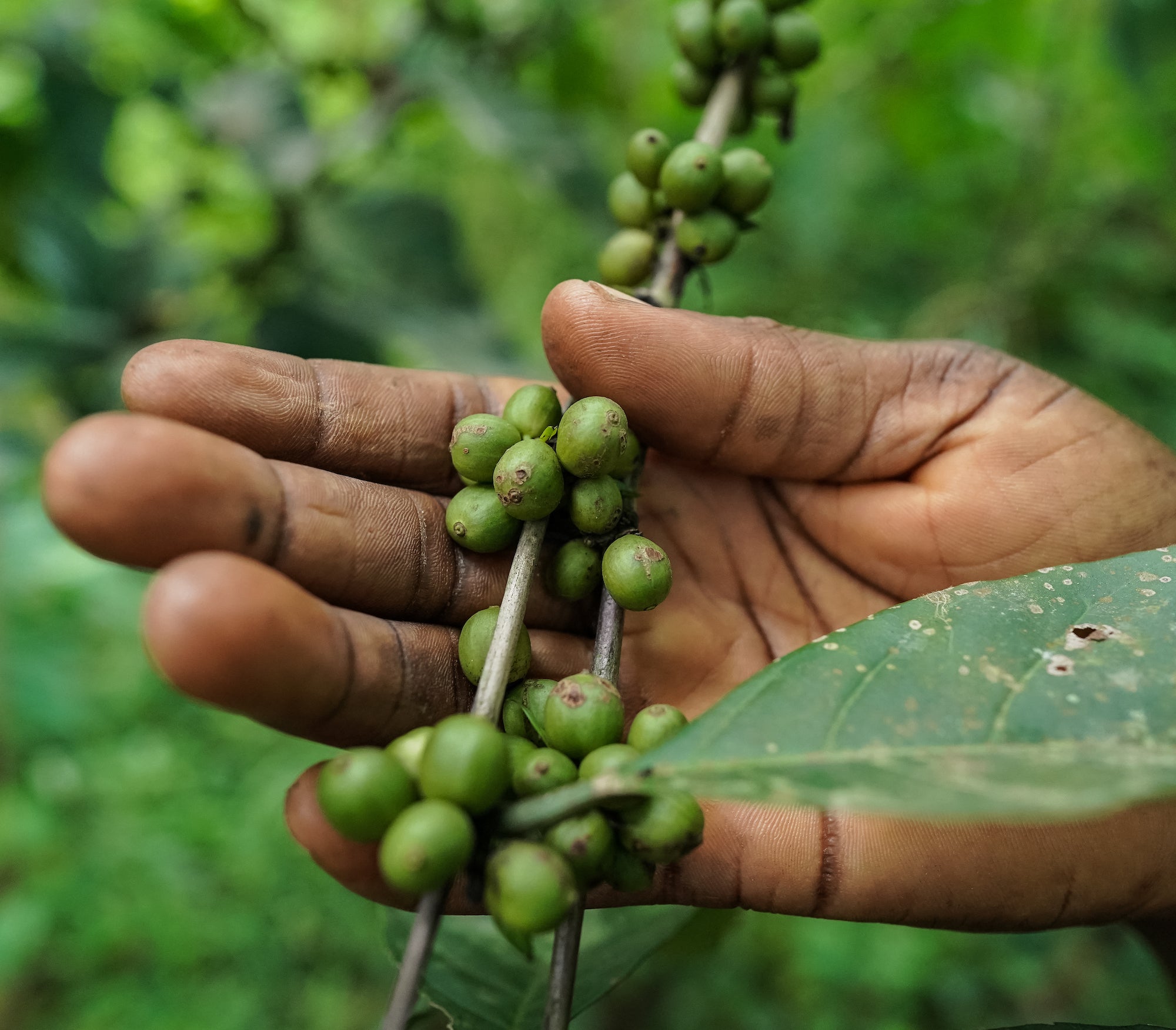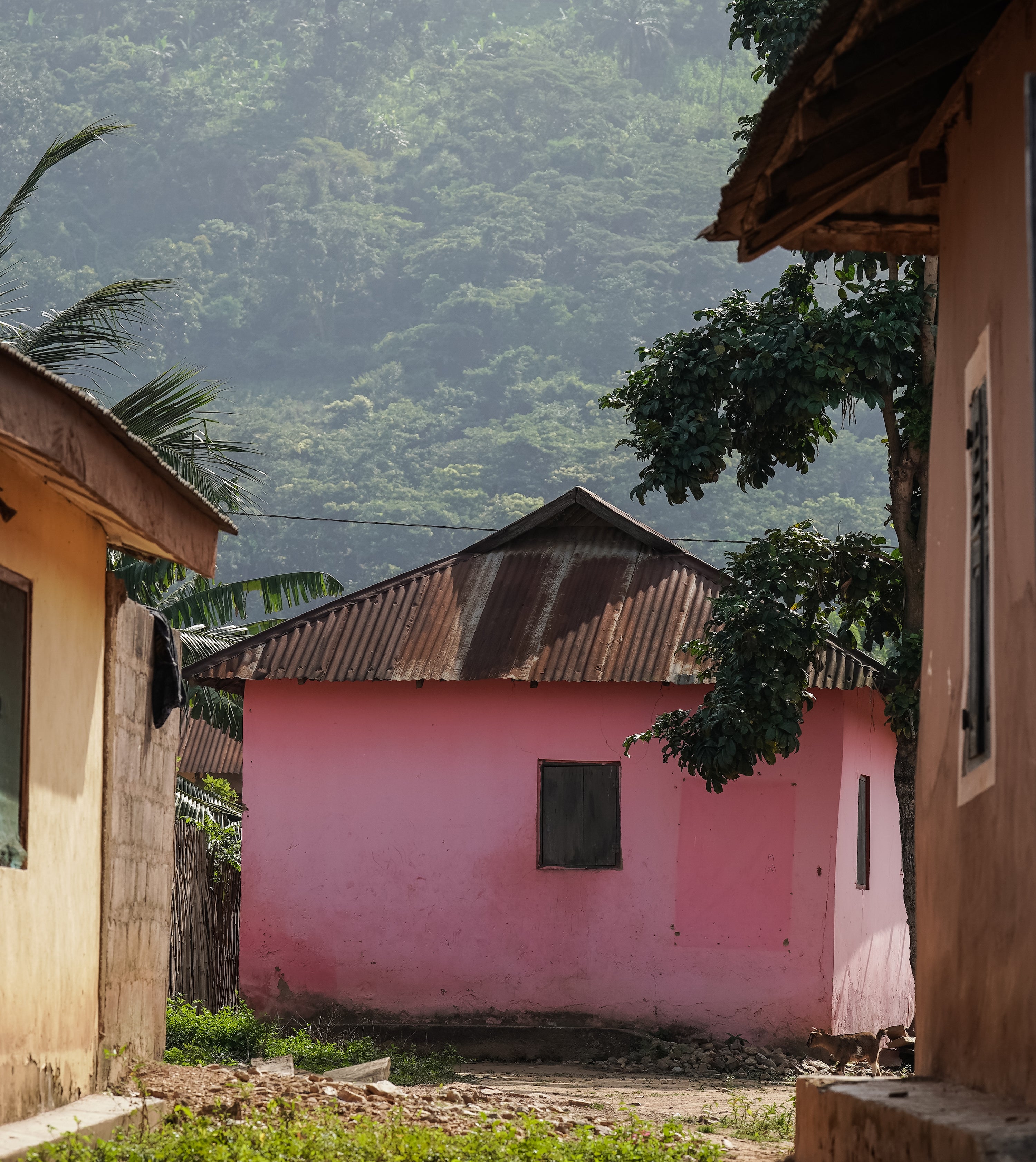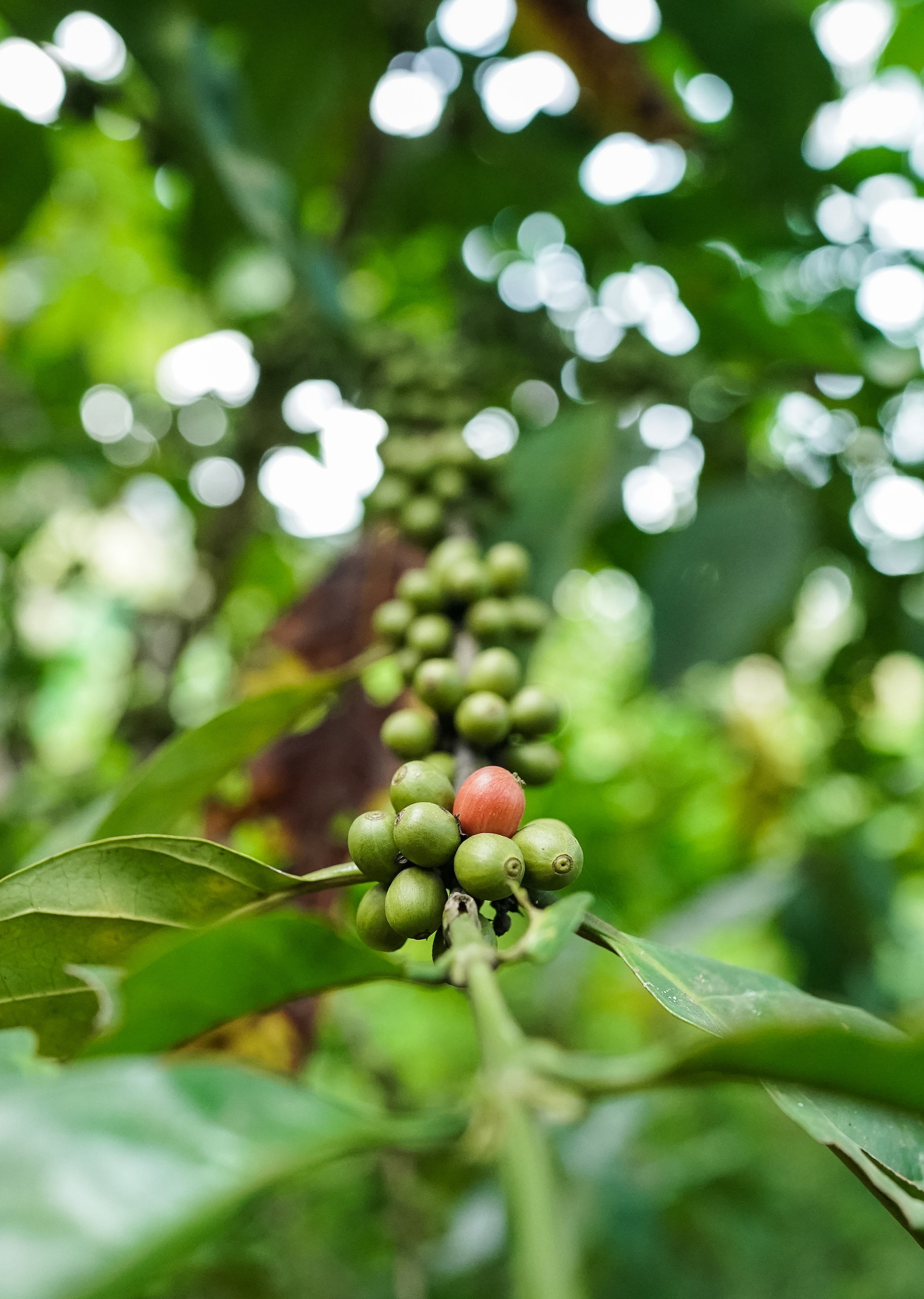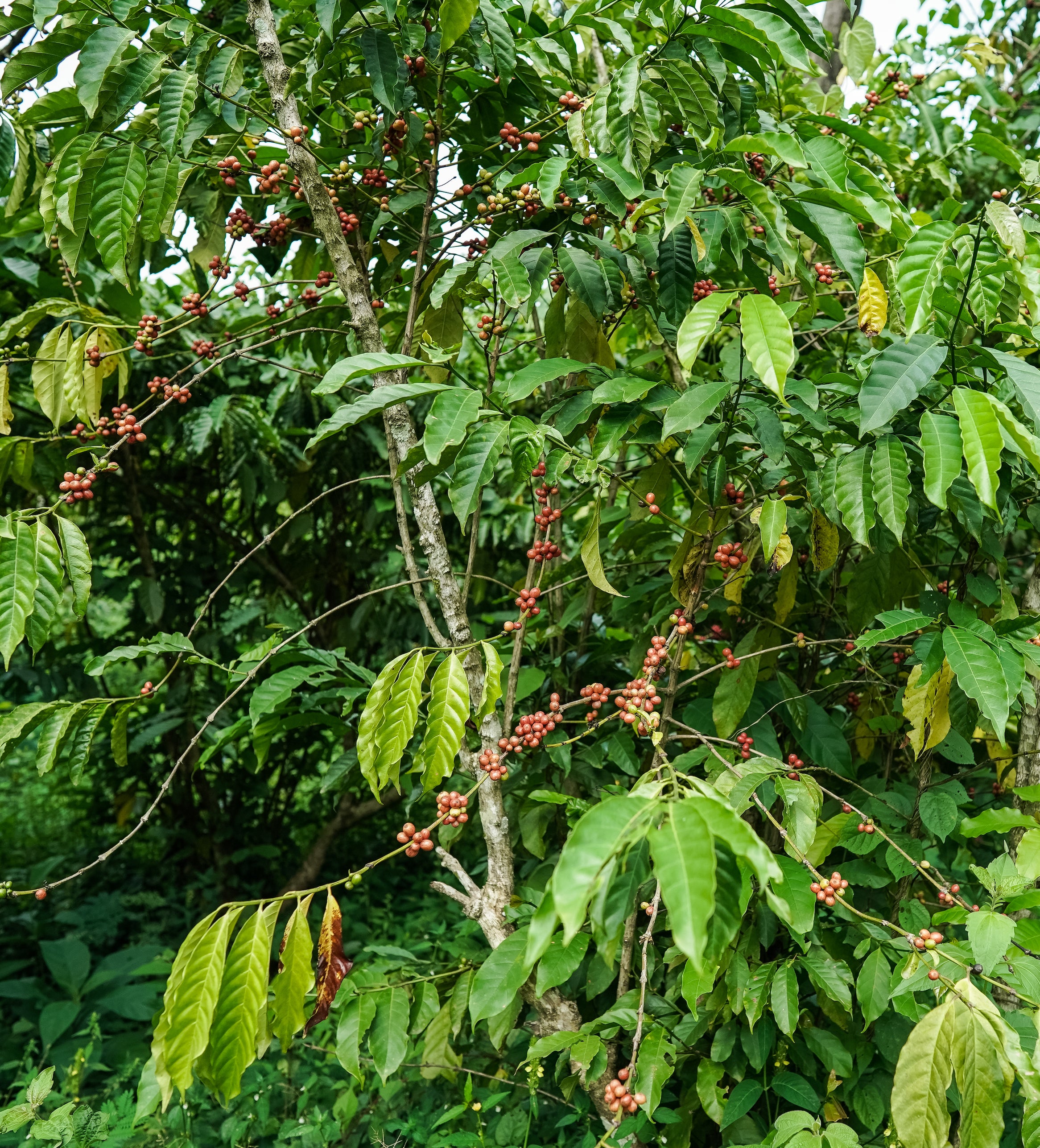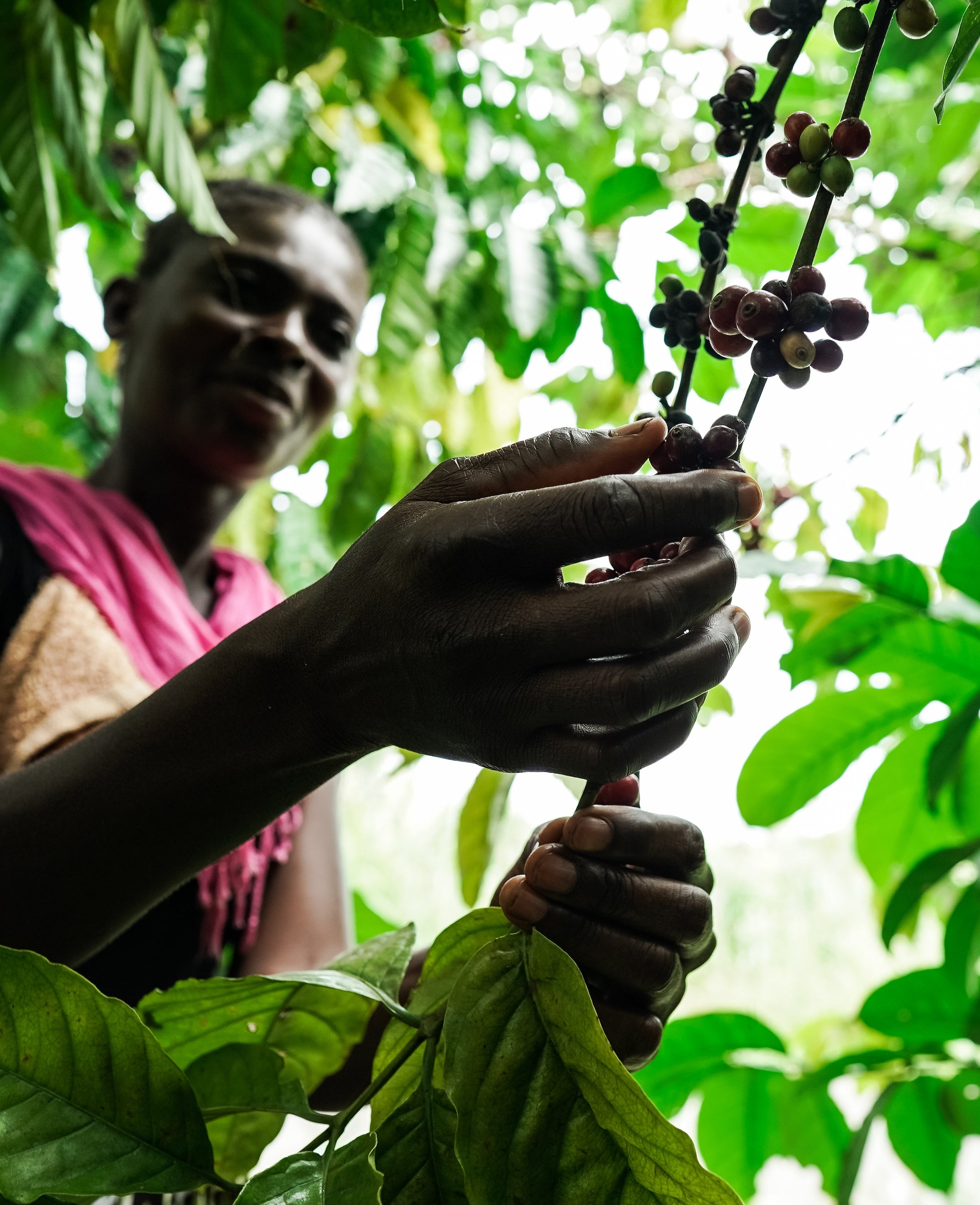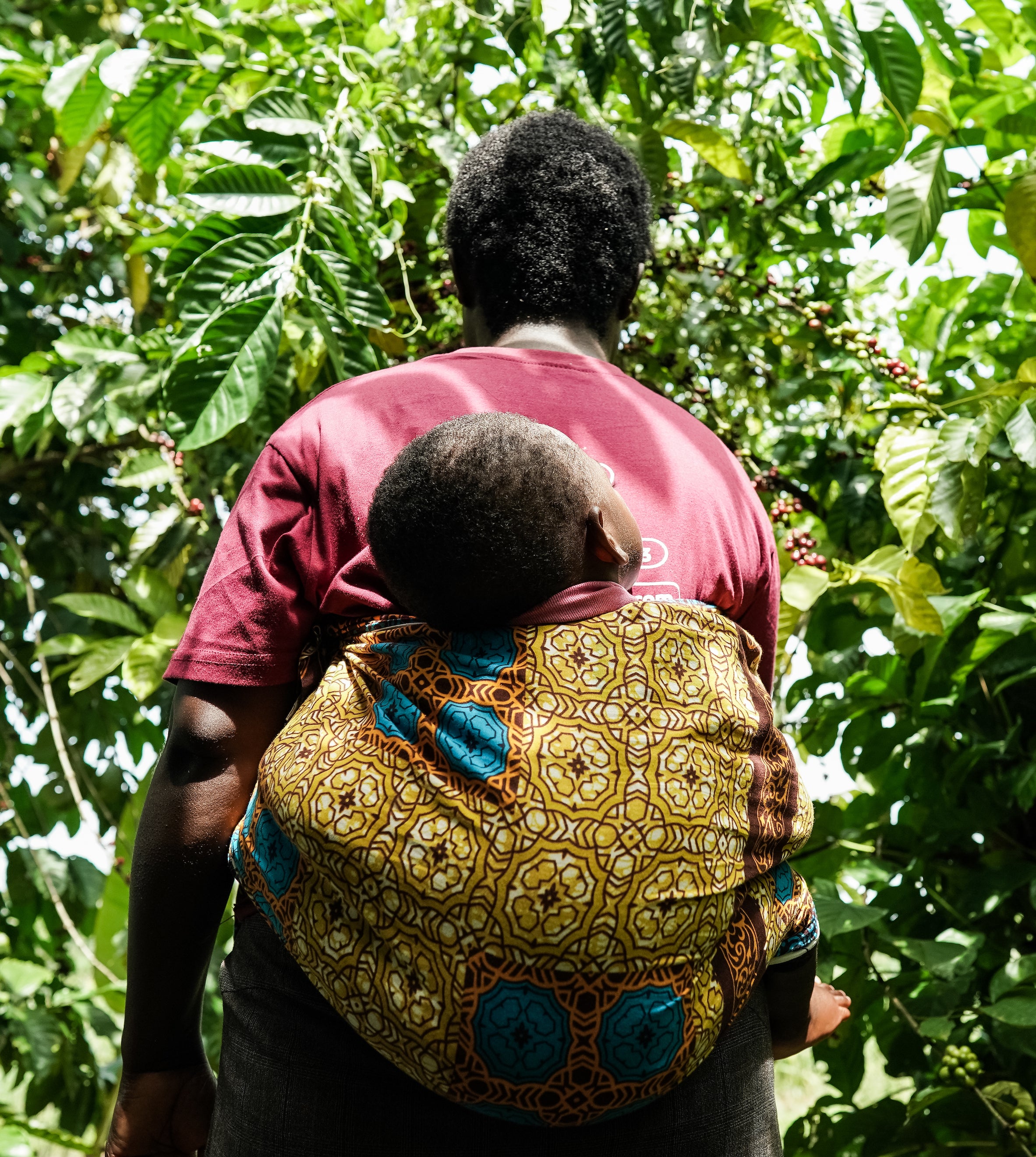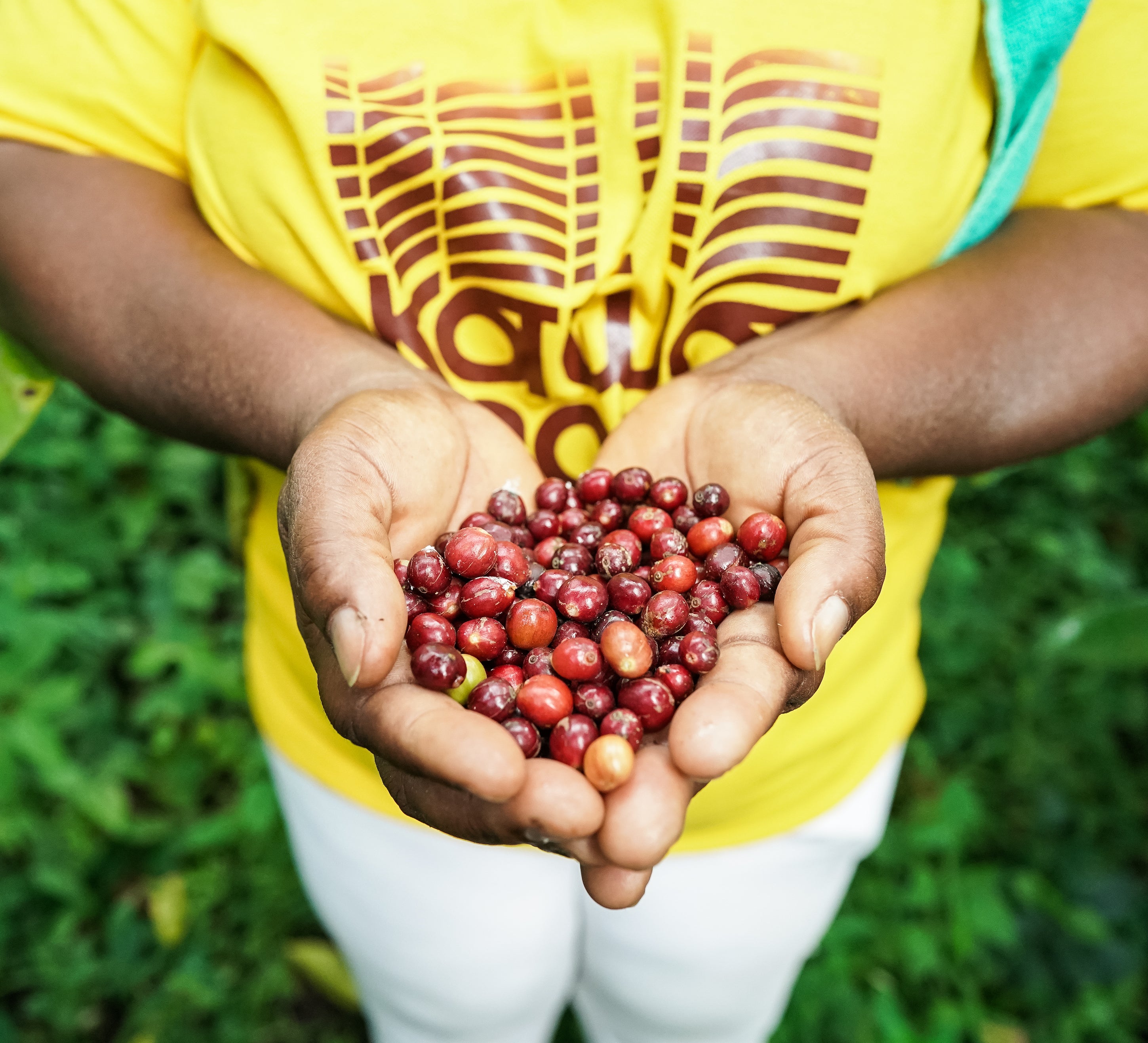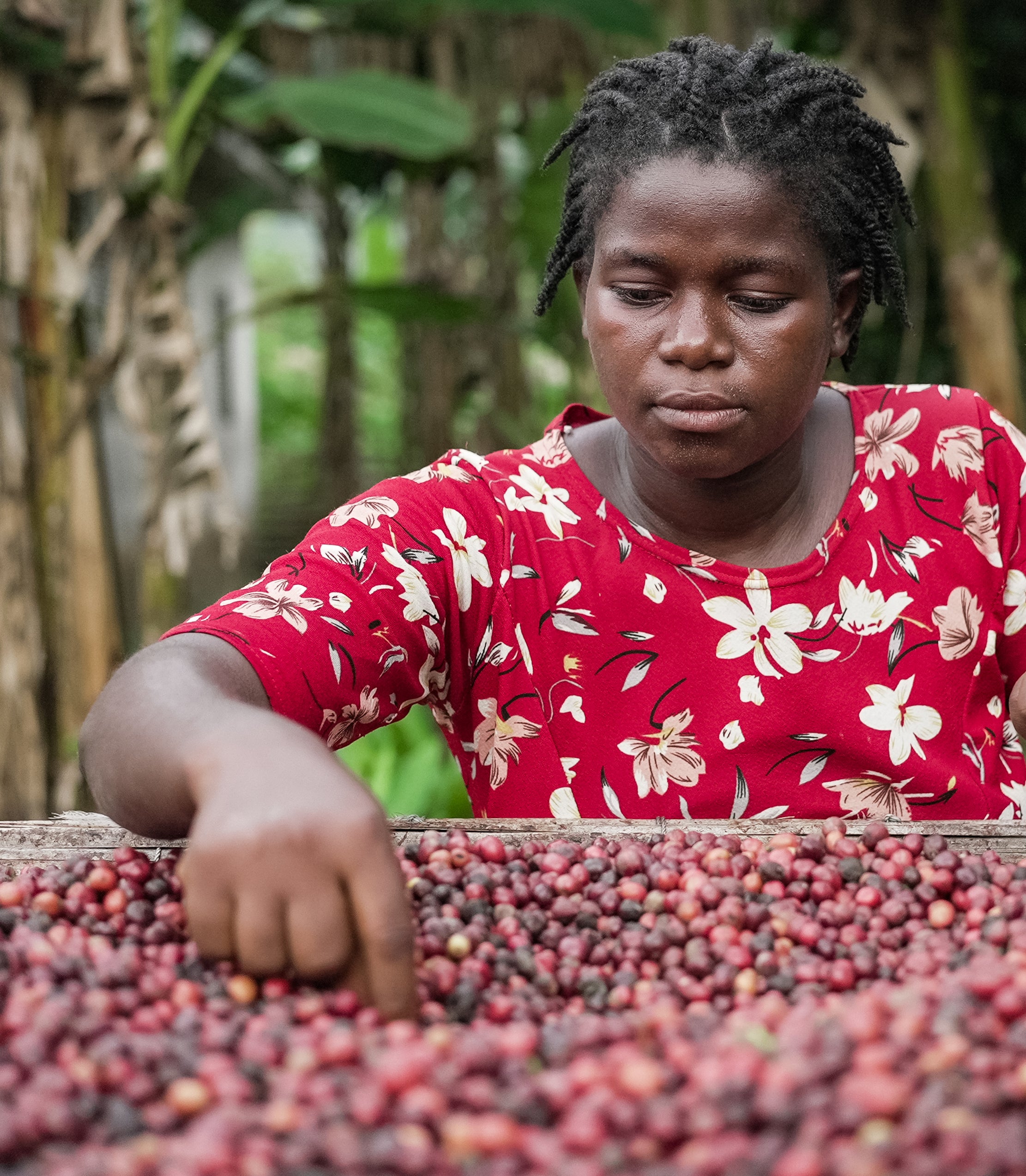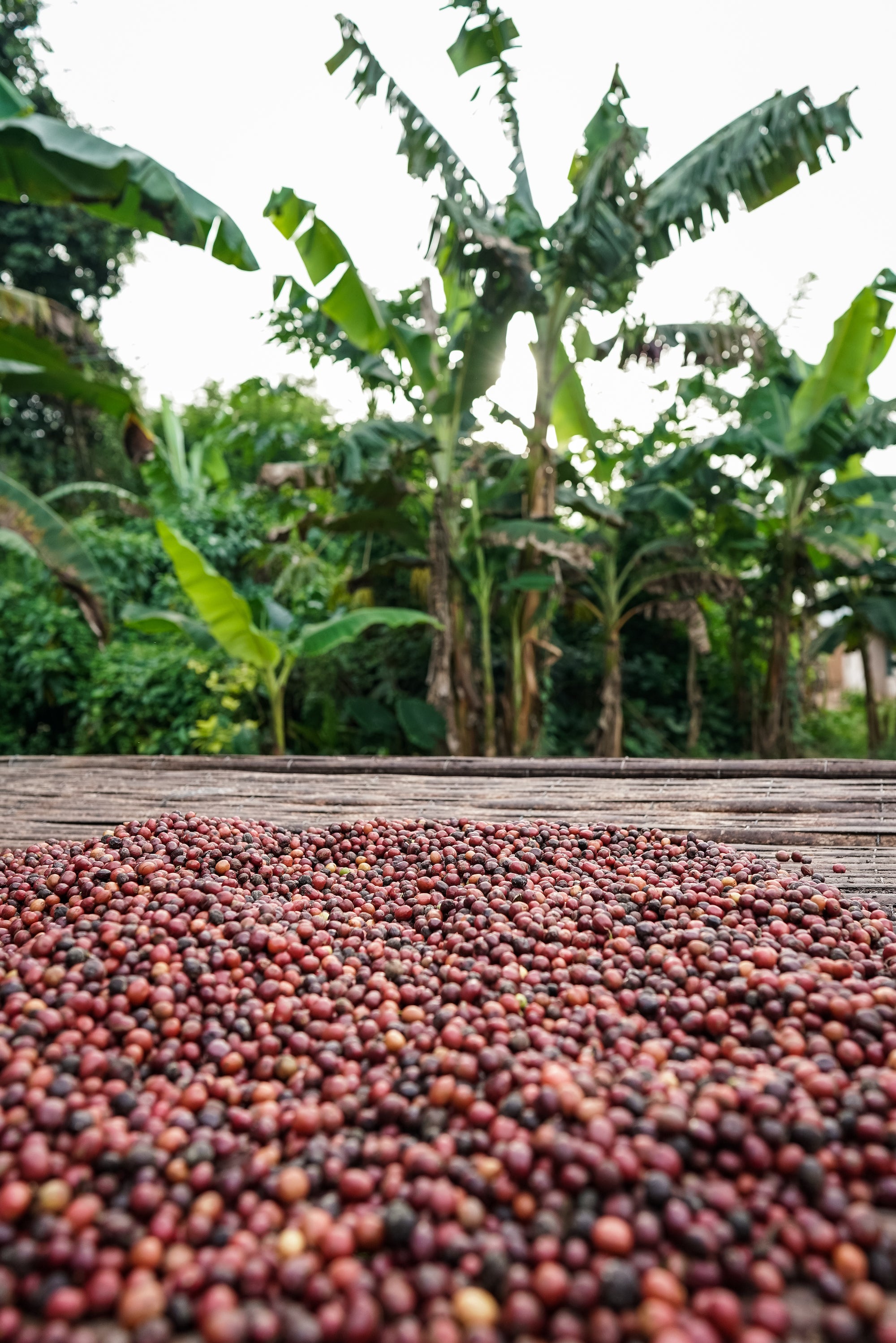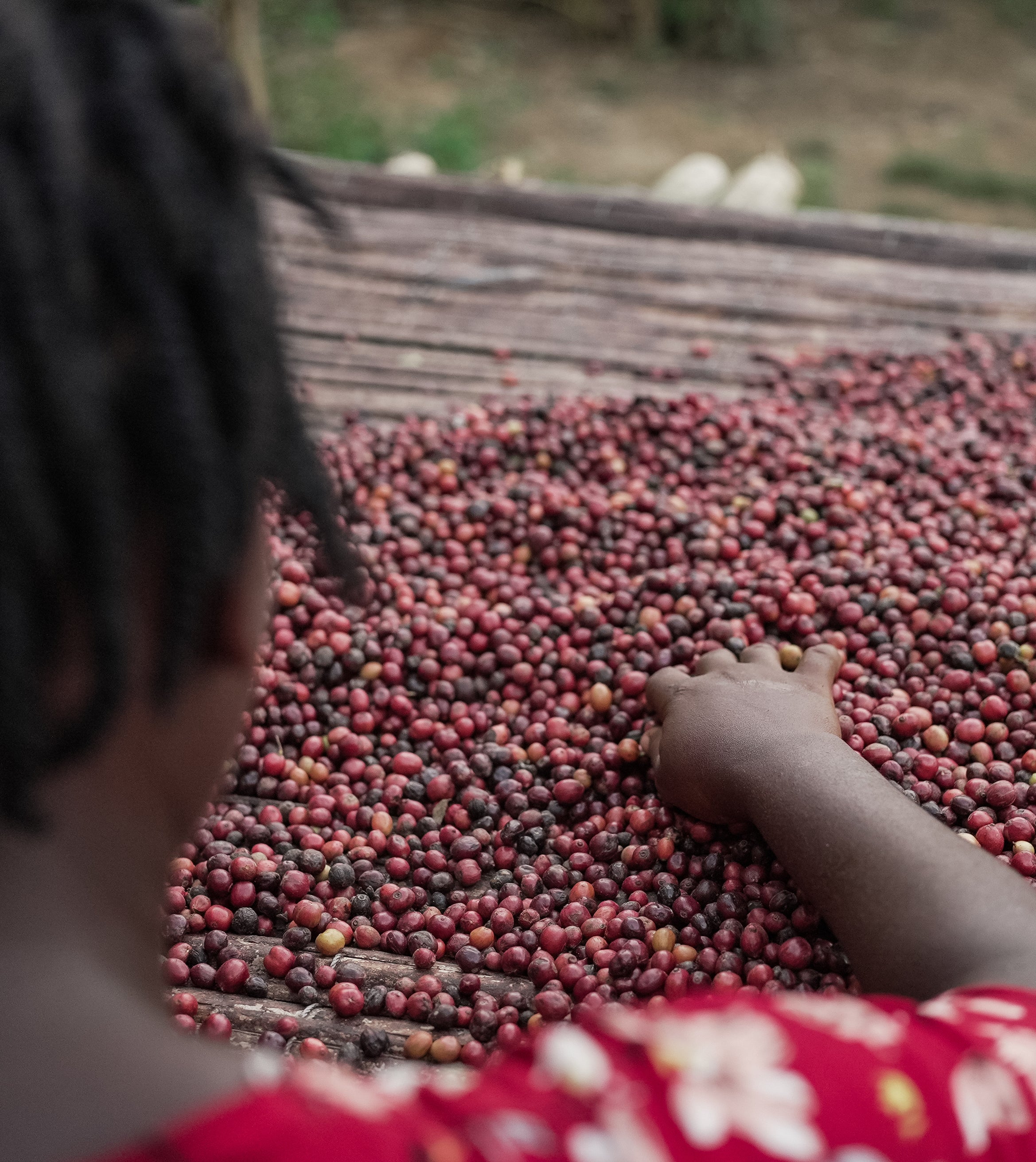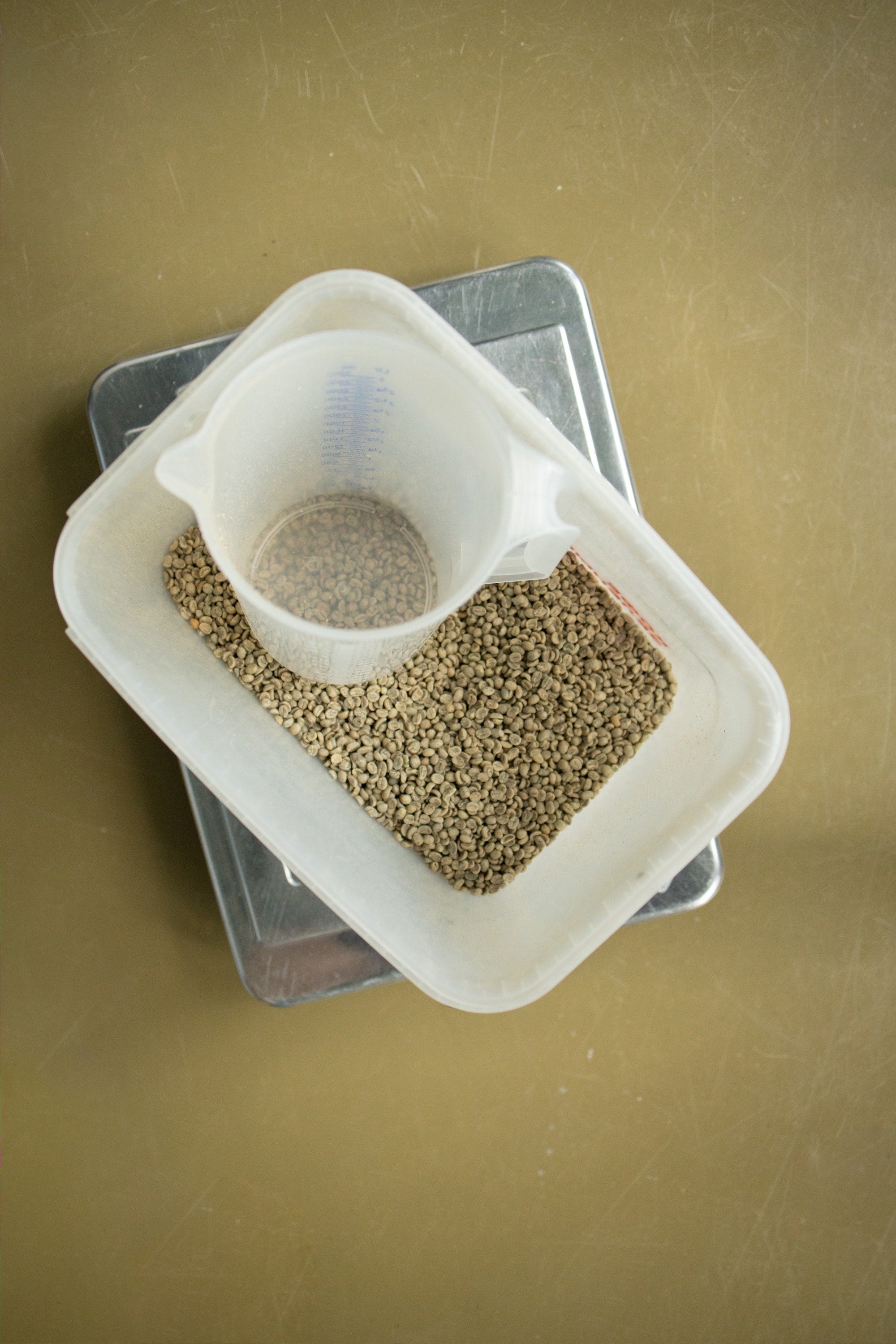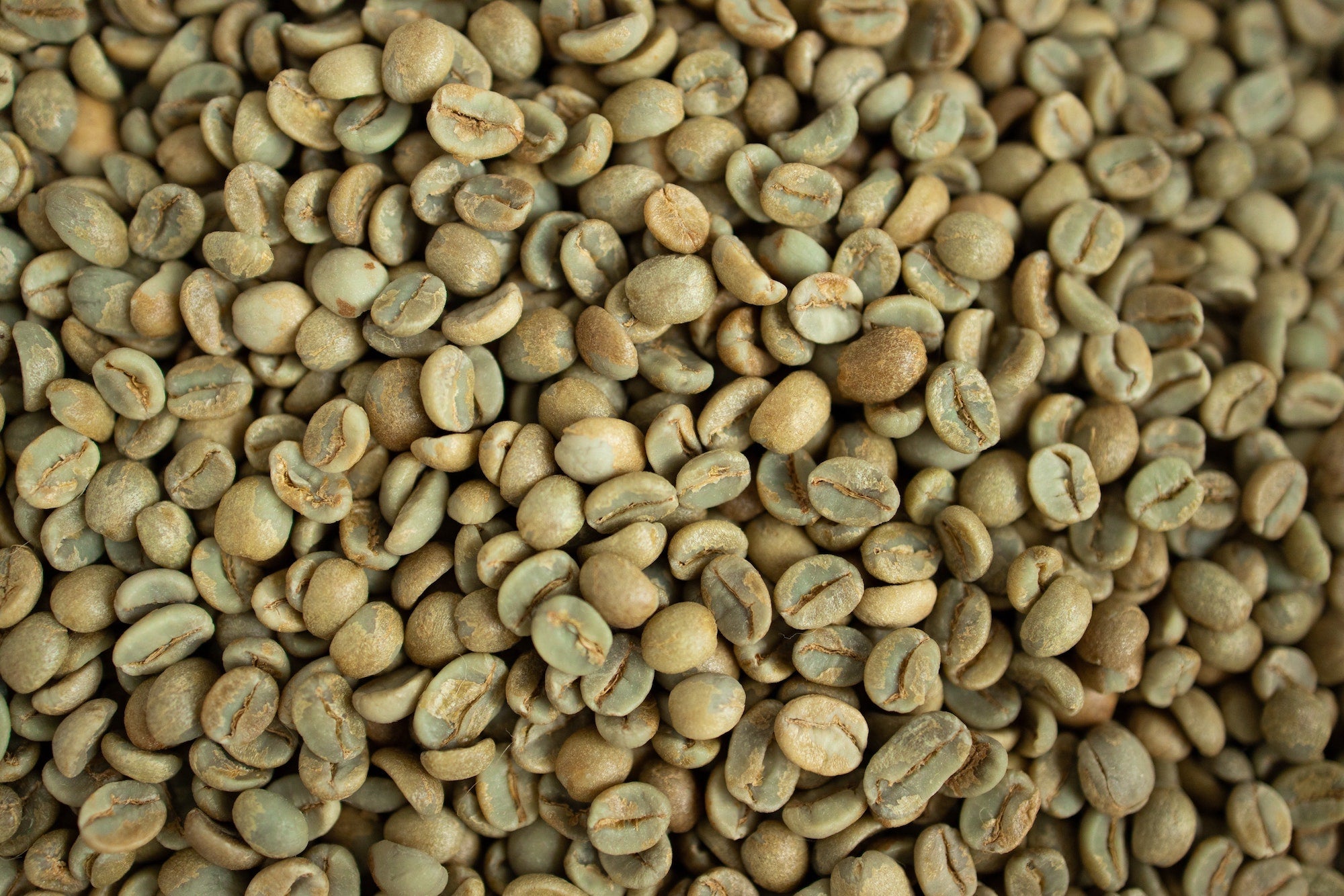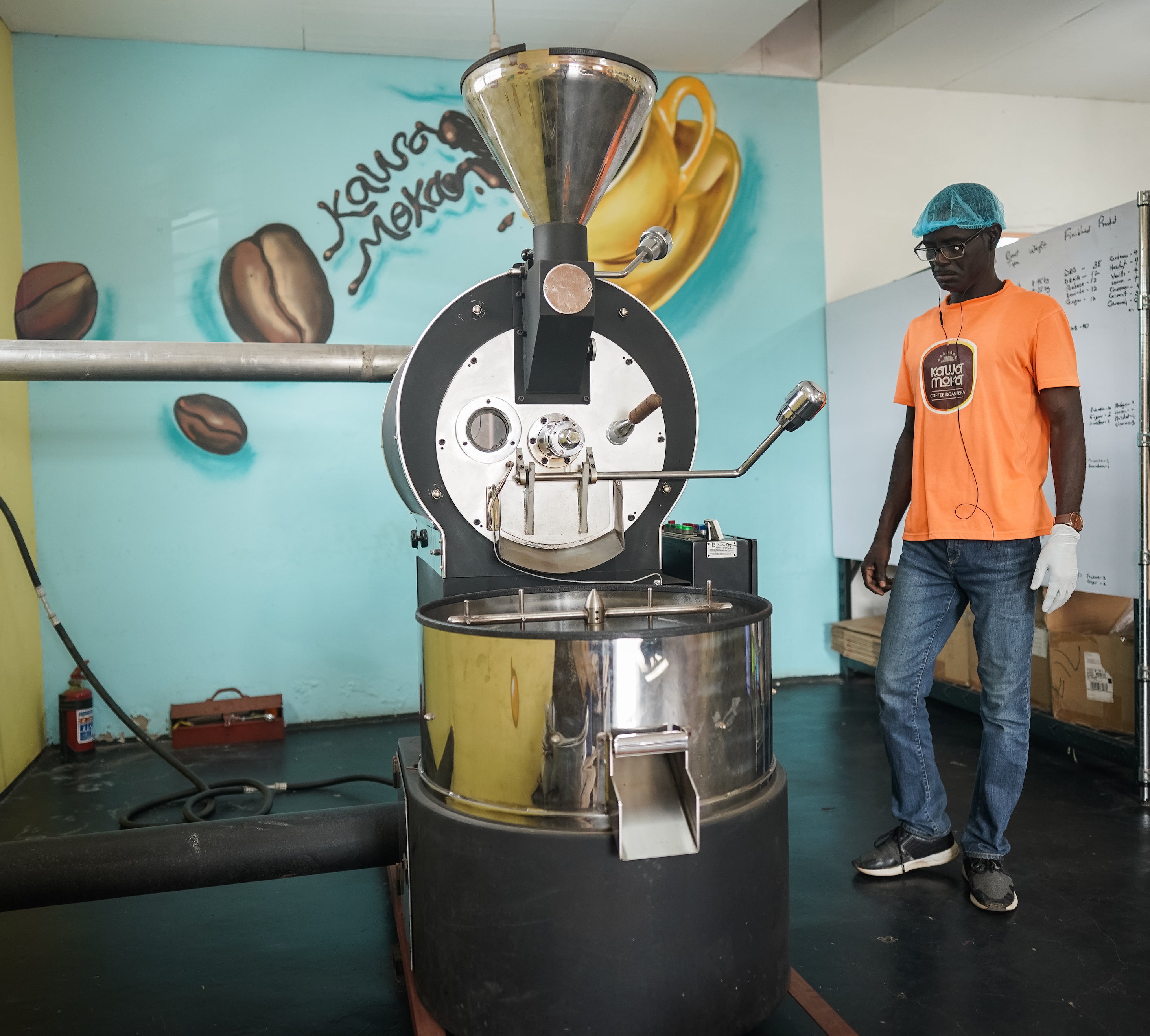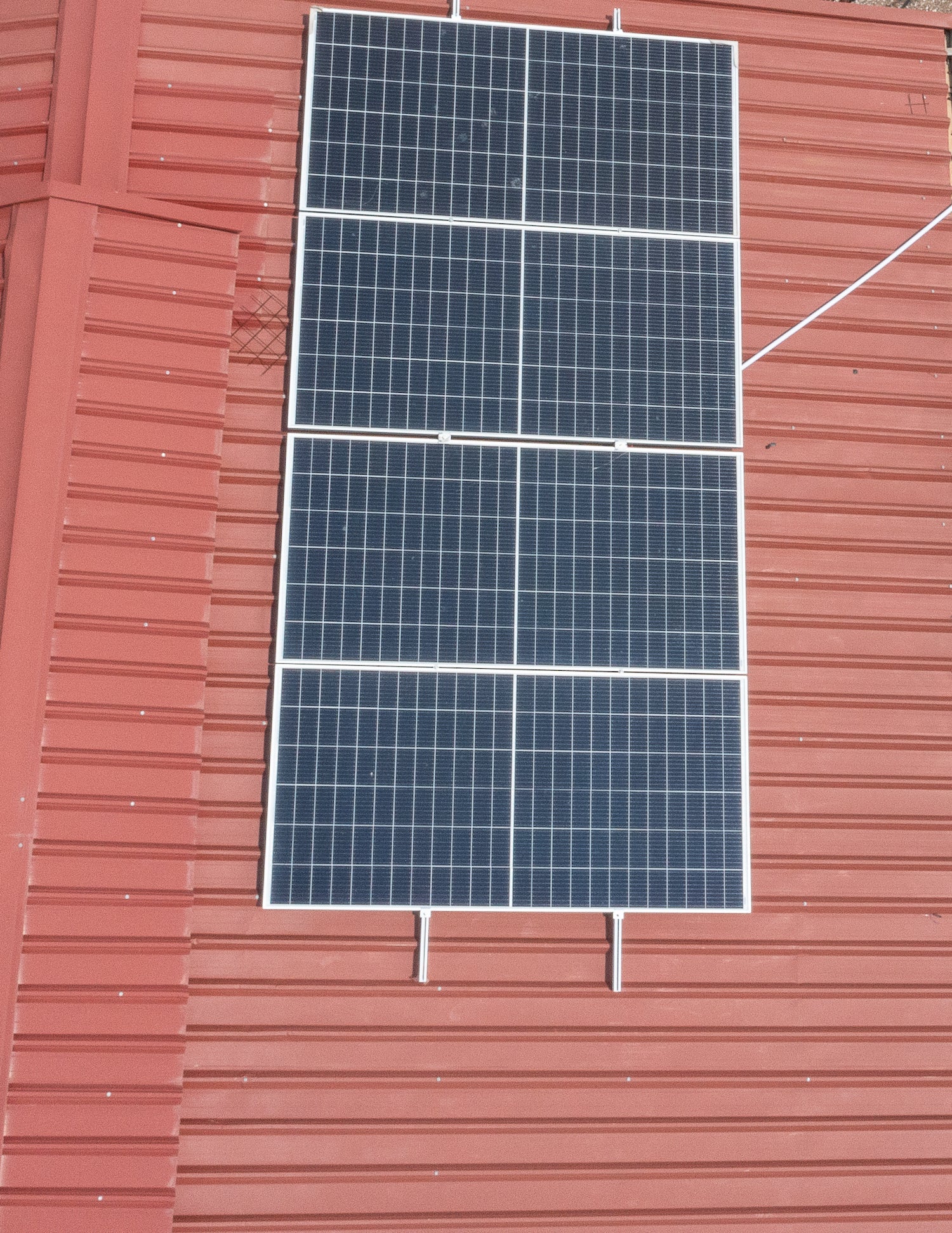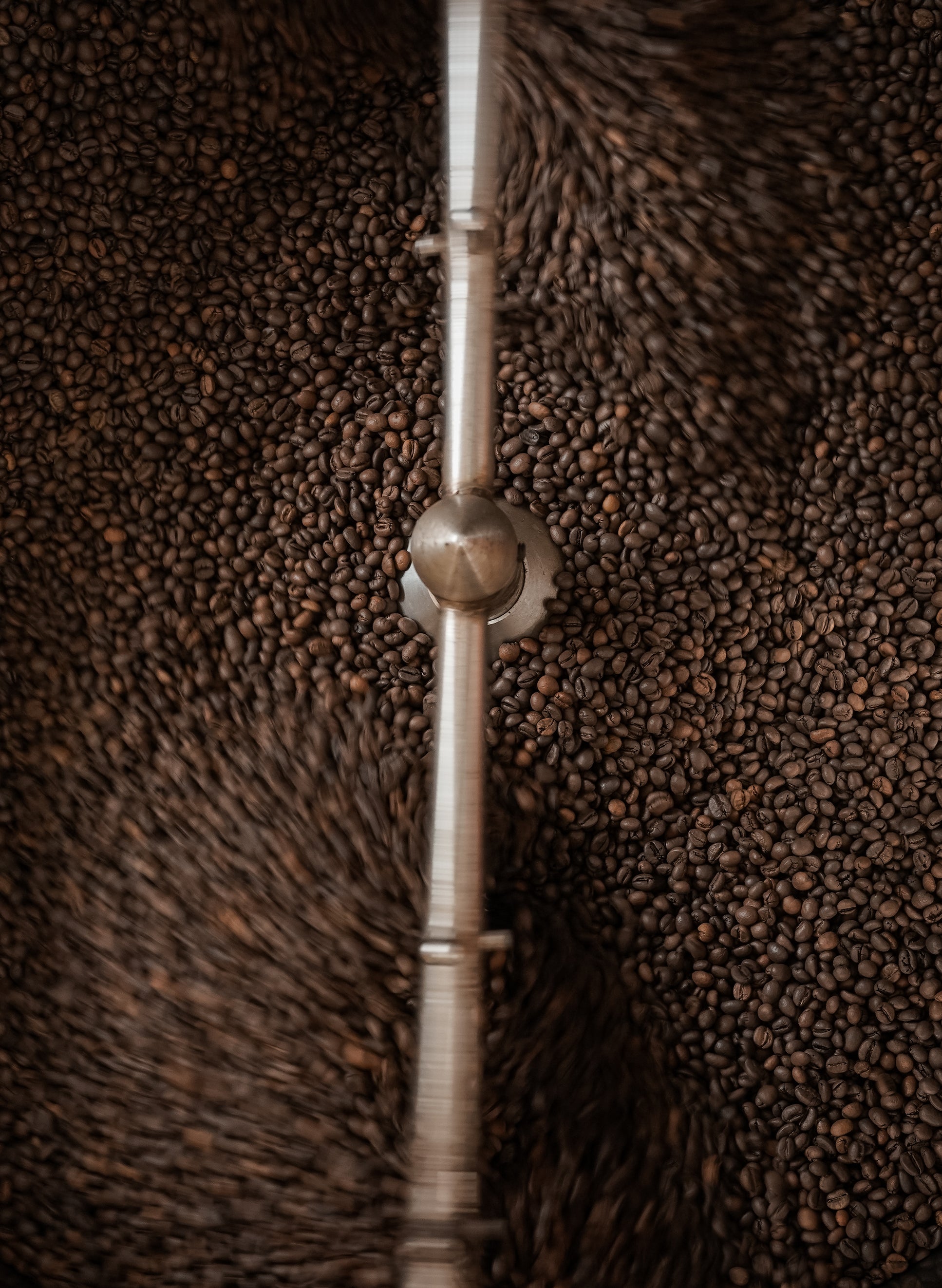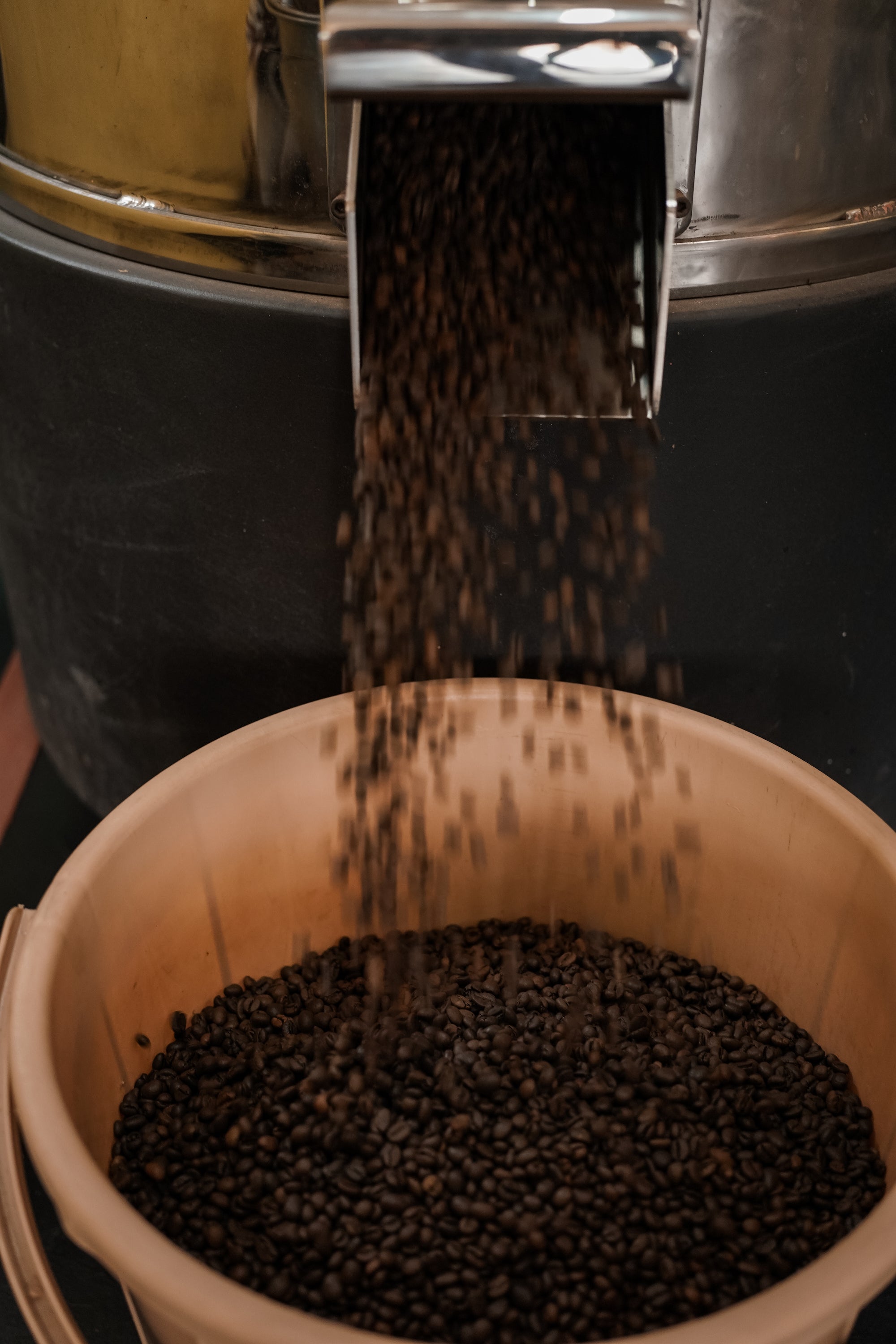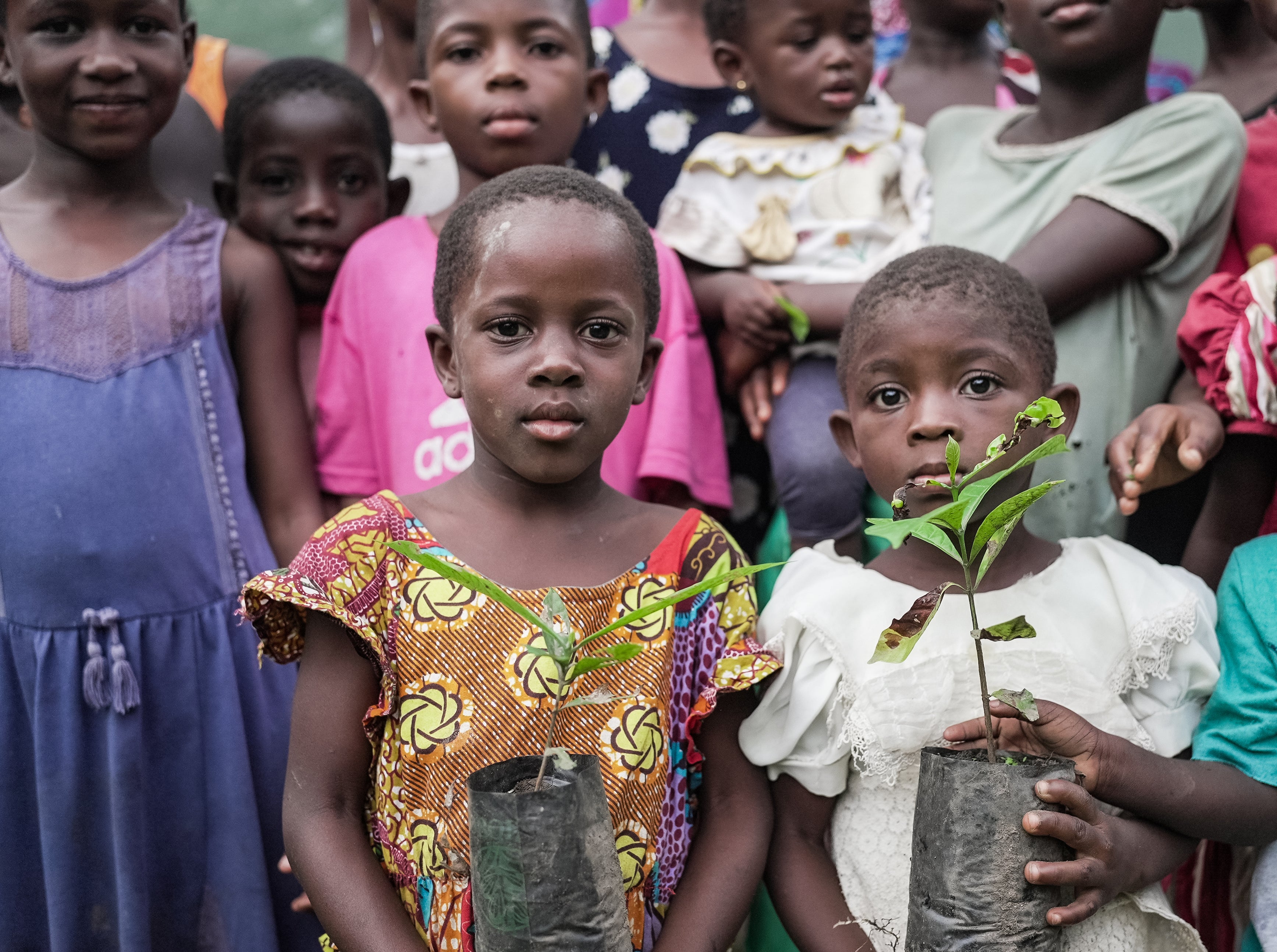
We always get asked one thing..
How does our coffee get from Ghana to the world?
It's a long journey from seedling to the cup of coffee in your hand.
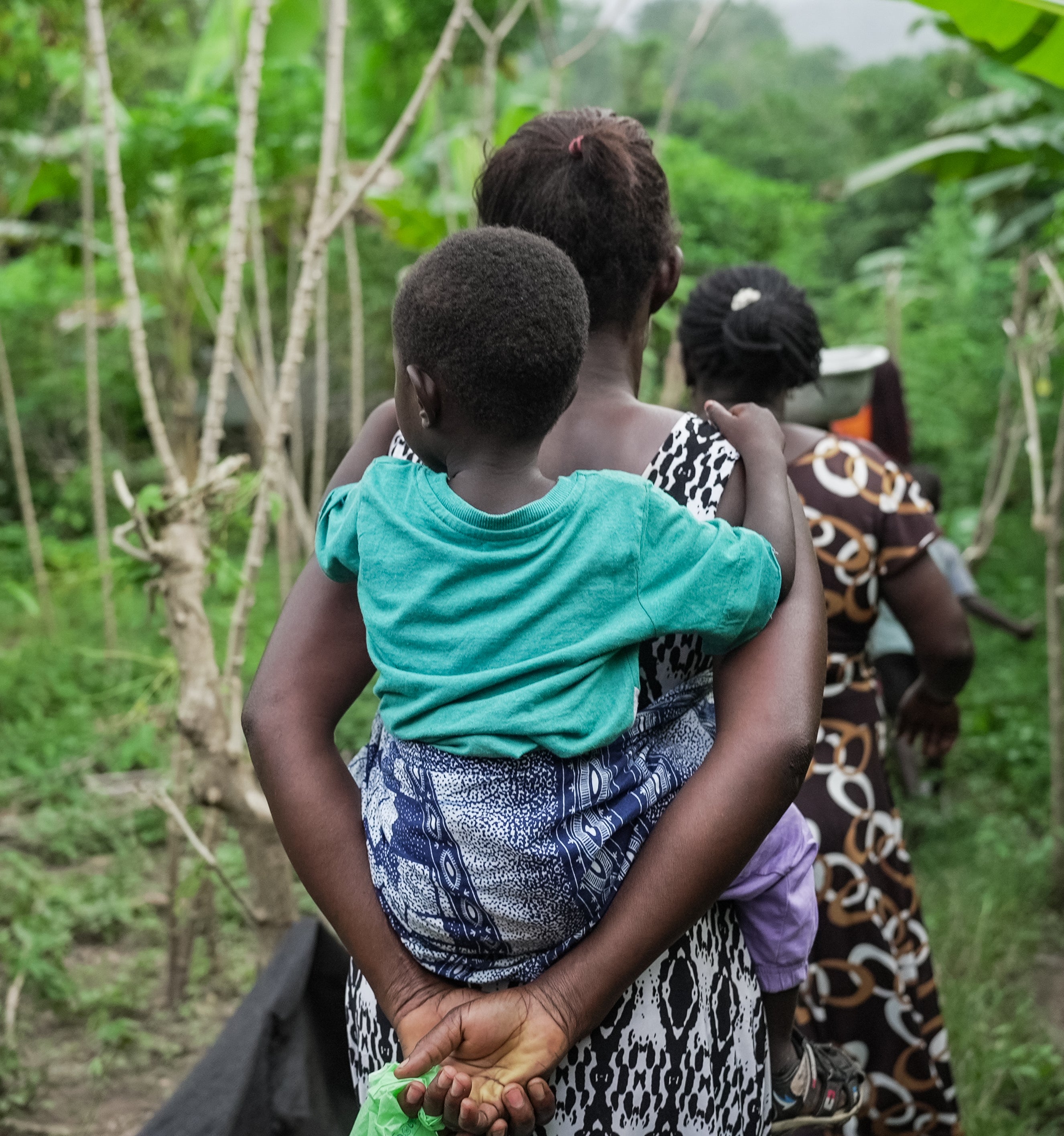
We start with the humble seedling.
Native to Central and Western Africa, the Robusta plants will start producing cherries as quickly as 2-4 years after planting. From there, green cherries take 6-8 months to ripen. Once they're settled, Robusta trees can thrive - growing up to 10 metres high.
Where does it grow?
Once you leave the hustle and bustle of Accra, you'll start snaking your way up the mountains to the beautiful Volta Region. Around 500 meters above sea level sits Leklebi, a small town surrounded by waterfalls, rainforest and natural beauty. Right in the heart of this ecosystem lives our wild-grown Robusta. It is also found throughout the region at heights of up to 800 metres above sea level. Coffee has a history here too - growing in the region since the 1930's.
Hand selected and picked.
There is one long harvesting season per year from November to March. Our farmers pride themselves on growing the best specialty, wild shade-grown coffee in Ghana.
Are there any health benefits?
Robusta beans contains twice the amount of caffeine and antioxidants compared to Arabica beans. Also half the amount of sugar and far less fats than the Arabica bean. We’re here to prove fine, robusta specialty coffee is top-tier.
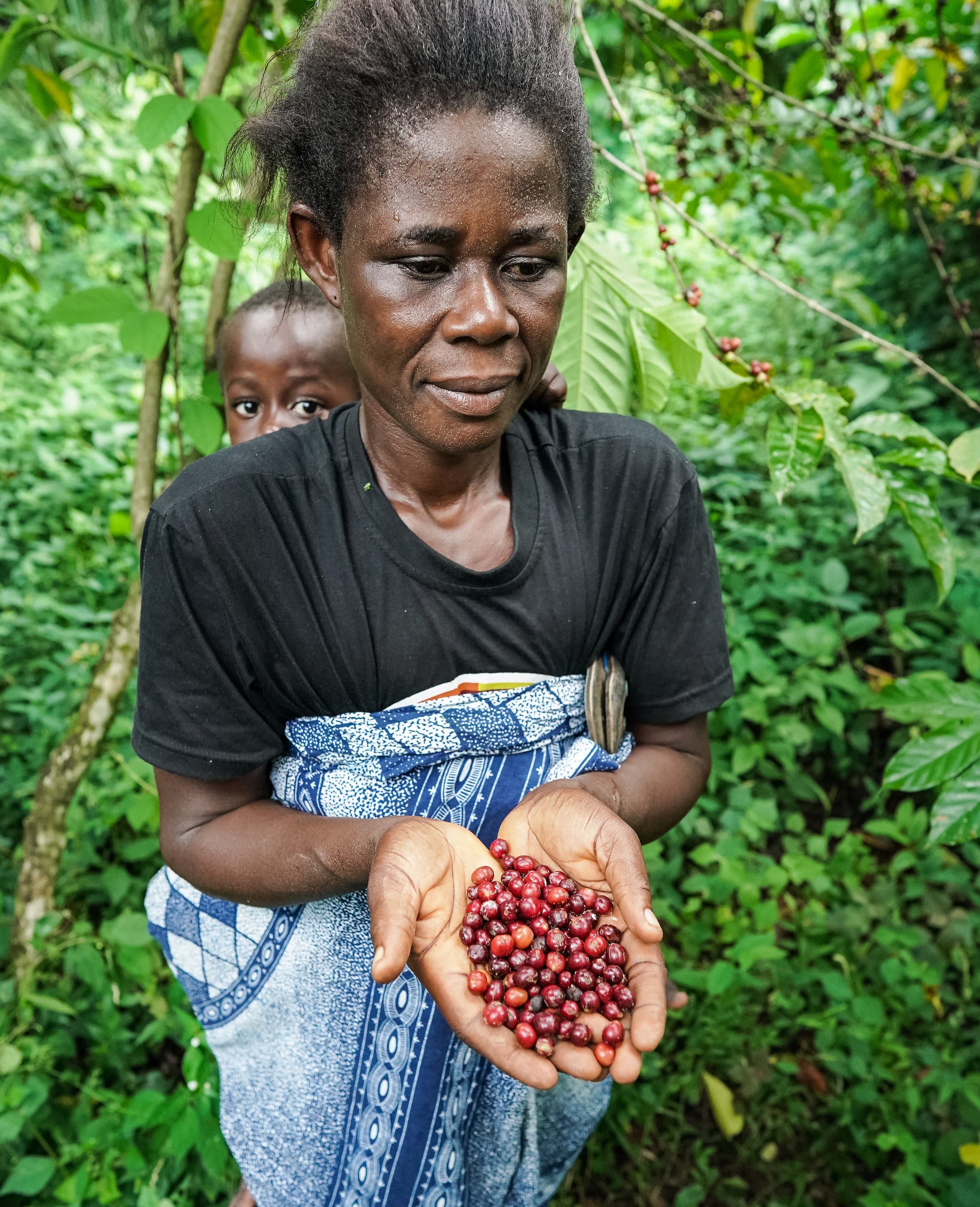
Coffee is a male-dominated industry where very few women have access to the lands needed to cultivate cash crops like coffee. After starting with 6 farmers, we are now working with over 100 female famers.
Bringing a plus one.
When in season, our farmers are busy whether it's by themselves or with their little helpers.
From the source, nothing extra.
We still use and believe in the oldest method of processing - dry processing. Red berries are sorted for quality then dried whole on raised ‘African’ drying beds. This can range from anywhere between 2 and 6 weeks depending on conditions and sunlight.
Is that coffee?
Once we hit our moisture content goals, we start hulling to fully separate the cherry and the bean. Finally seeing the first stage of what people indentiy as coffee - green beans. They are then stored away from moisture and are ready to be roasted.
Not every one is destined to make it.
Any green beans that don't meet our standard are not thrown out. We repurpose them - using the beans throughout our sustainable coffee-based beauty range.
From Ghana to your cup.
To ensure freshness anywhere in the world, we roast on demand multiple times per week.
All that for a coffee?
Of course. We love what we do and are always looking for ways to continually grow with our communities and keep delivering Ghana's best wild-grown, small batch, specialty coffee.
